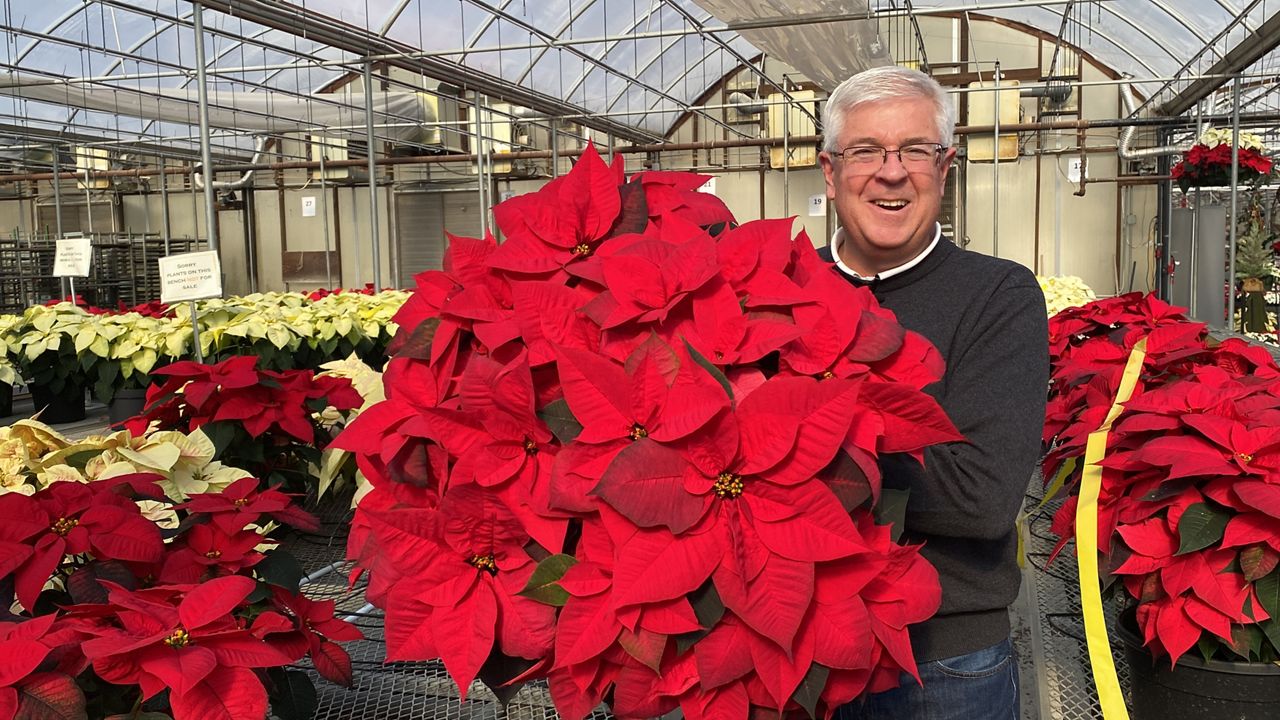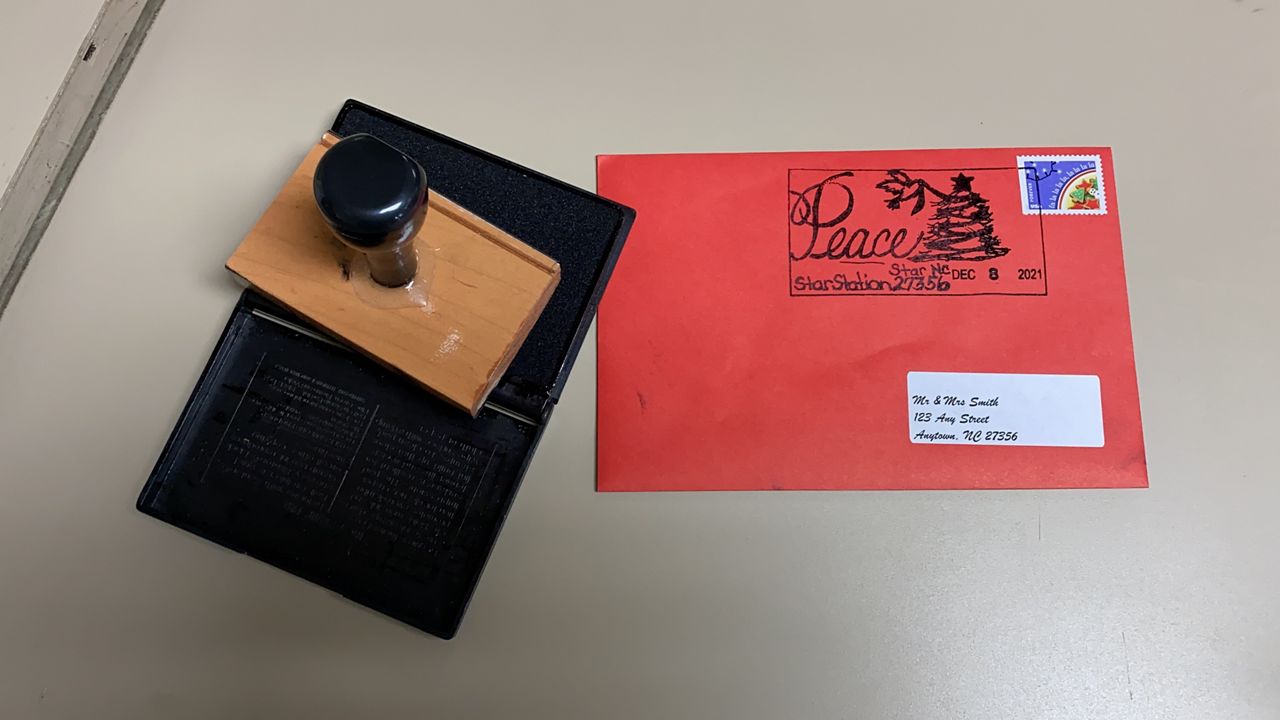DURHAM, N.C. — With Thanksgiving just a few days away, many people are getting in the holiday spirit. Since it’s the season of giving, what about buying a Christmas tree that supports a good cause?
Sales from TROSA Tree Lots benefit the nonprofit’s long-term residential recovery program
TROSA has sold as many as 13,000 trees in previous years, and all the trees are grown in North Carolina
The lots are open Monday to Friday 11 a.m. to 8 p.m. as well as Saturday and Sunday 8 a.m. to 9 p.m.
TROSA Tree Lots has been around for more than two decades. Sales from the lots help benefit TROSA’s long-term residential recovery program. Steve Hill is the man who oversees most of the work, and he has a very personal connection to the cause.
“I try to make it through every day to learn something new,” said Steve Hill, the manager of TROSA Lawn Care.
For more than 15 years, Hill has helped bring TROSA Tree Lots to life.
“In the past few years, we have had as many as nine tree lots. But when COVID hit us last year, we backed down to six and being as we are still feeling the remnants of COVID, we’ve backed down to five tree lots this year,” Hill said.
The organization sold as many as 13,000 trees one year, and they’re all grown in North Carolina.
“We sell everything from a 3 or 4 all the way up to a 20-foot tree. Our trees are number one premium trees,” Hill said.
Jeff Stern, the director of business operations at TROSA, says this is the nonprofit’s largest fundraiser.
“People are typically coming to TROSA and spending two years living, learning job skills and learning life skills working to get their lives in a positive place,” Stern said. “So when people buy from a TROSA tree lot, they are supporting the men and women who have come to TROSA to try and turn their lives around.”
Hill is a testament that TROSA works.
“Back in 2002, my life was unmanageable because of drugs and alcohol, and I needed to make a change. I graduated the program in November 2004. I stayed on as a staff and training for one year, and I have been a staff member here with TROSA for 16 years,” Hill said.
Hill now works with others going through the program, and all the tree lots are built by the people currently enrolled.
“For me to be out here today with 19 men that have never worked a tree lot to be able to train them, teach them, show them what we’re doing, it inspires me that I'm helping them, and I'm being inspirational trying to help them build a better life,” Hill said.“For me to be out here today with 19 men that have never worked a tree lot to be able to train them, teach them, show them what we’re doing, it inspires me that I'm helping them, and I'm being inspirational trying to help them build a better life,” Hill said.
The lot near the streets at Southpoint Mall has the largest trees, but TROSA has several other locations in Durham as well as Chapel Hill and Morrisville. The lots are open through December 23.
As for TROSA, the organization was founded in 1994. On any given day, it serves an average of 400 men and women on its campus.
Kristin Pearson, the director of communications for TROSA, says the pandemic has caused an increase in need for substance use recovery programs and luckily TROSA has spaces open.
“It might be that people are just not sure how to take that first step. In a pandemic, you might think, ‘I’m not sure about going into recovery right now.’ There’s a lot of uncertainty swirling around in people’s lives, but TROSA is here, and we’re a safe space for people who might want to take that first step,” Pearson said.
TROSA is unique, because they’re completely cost free offering housing, health services, vocational training and more.
TROSA is also in the process of building a triad satellite campus. It plans to open that location in Winston-Salem by the end of 2022.
To learn more about TROSA, visit its website.






